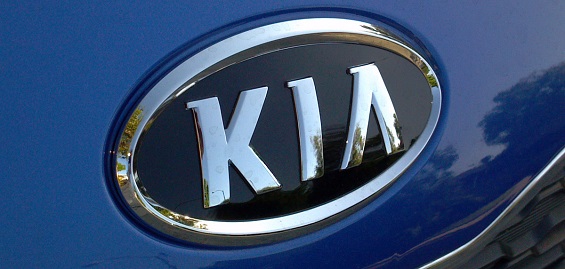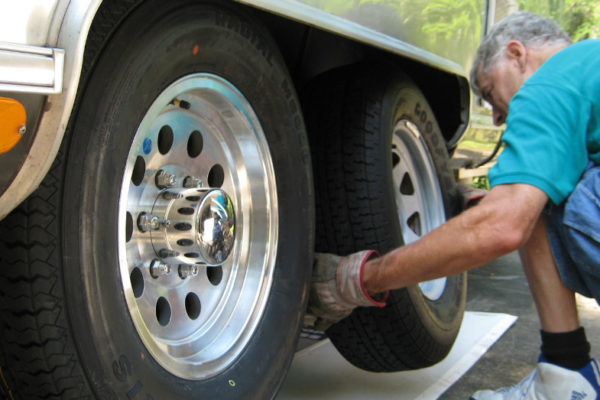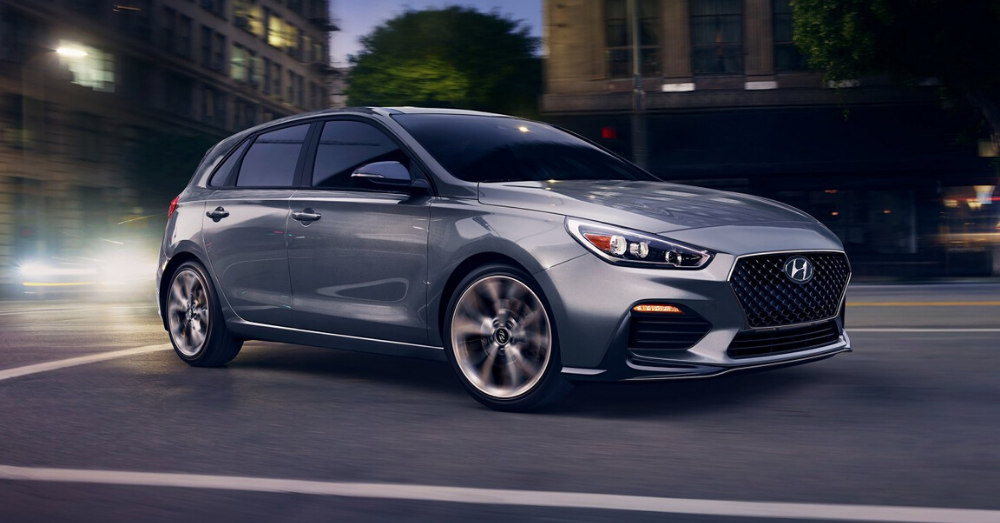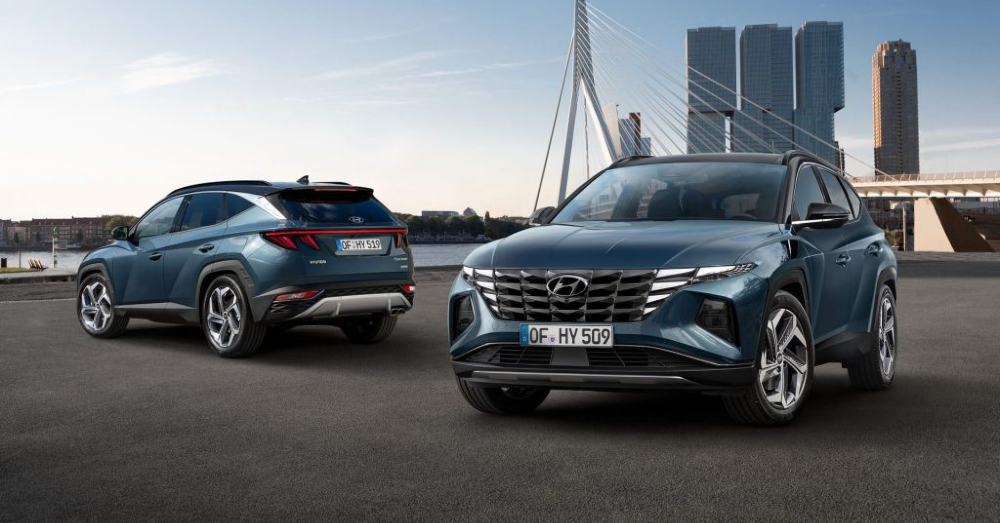
Hyundai and Kia shoot for 25% fuel economy boost by 2020
Hyundai Motors and Kia Motors have faced some costly, highly-publicized penalties for inflating the numbers regarding the fuel economy of numerous models in their lineups, having agreed to pay millions to the United States government in order to resolve the ongoing issue.
The two automakers are also facing pressure in their home country of South Korea due to the increased popularity of competing imports to their commitment to more efficient diesel engines. In response to this, the two automakers announced on Thursday that they intend to increase the fuel economy of their vehicles lineups by 25% by 2020, according to Reuters.
“Fuel efficiency is the top priority when people consider buying a new car, particularly at a time like this when the economy is bad,” said Kim Pil-soo, an automotive-engineering professor at Daelim University College, as quoted by The Wall Street Journal. “Hyundai’s move is the right thing to do. But the problem is its target isn’t impressive. Given the rapid pace of technological development, its rivals can achieve more.”
In order to accomplish this, the two automakers plan to replace 70% of their shared engine family with next-generation engines, with a much bigger emphasis on turbo-charged gasoline engines, and develop more advanced transmissions, according to Automotive News. On top of that, they intend to use more high-strength steel to cut vehicle weight.
This post may contain affiliate links. Meaning a commission is given should you decide to make a purchase through these links, at no cost to you. All products shown are researched and tested to give an accurate review for you.



